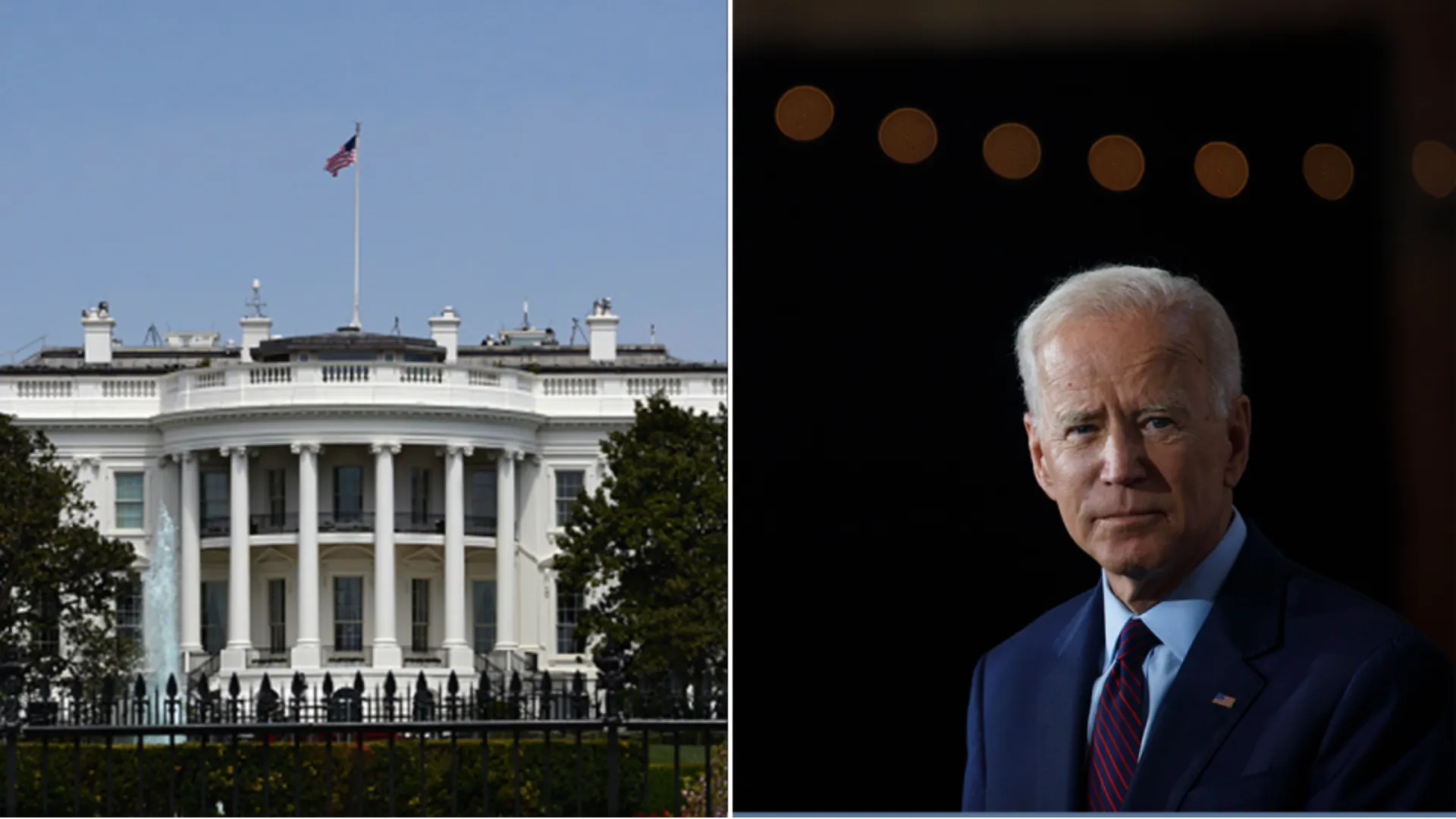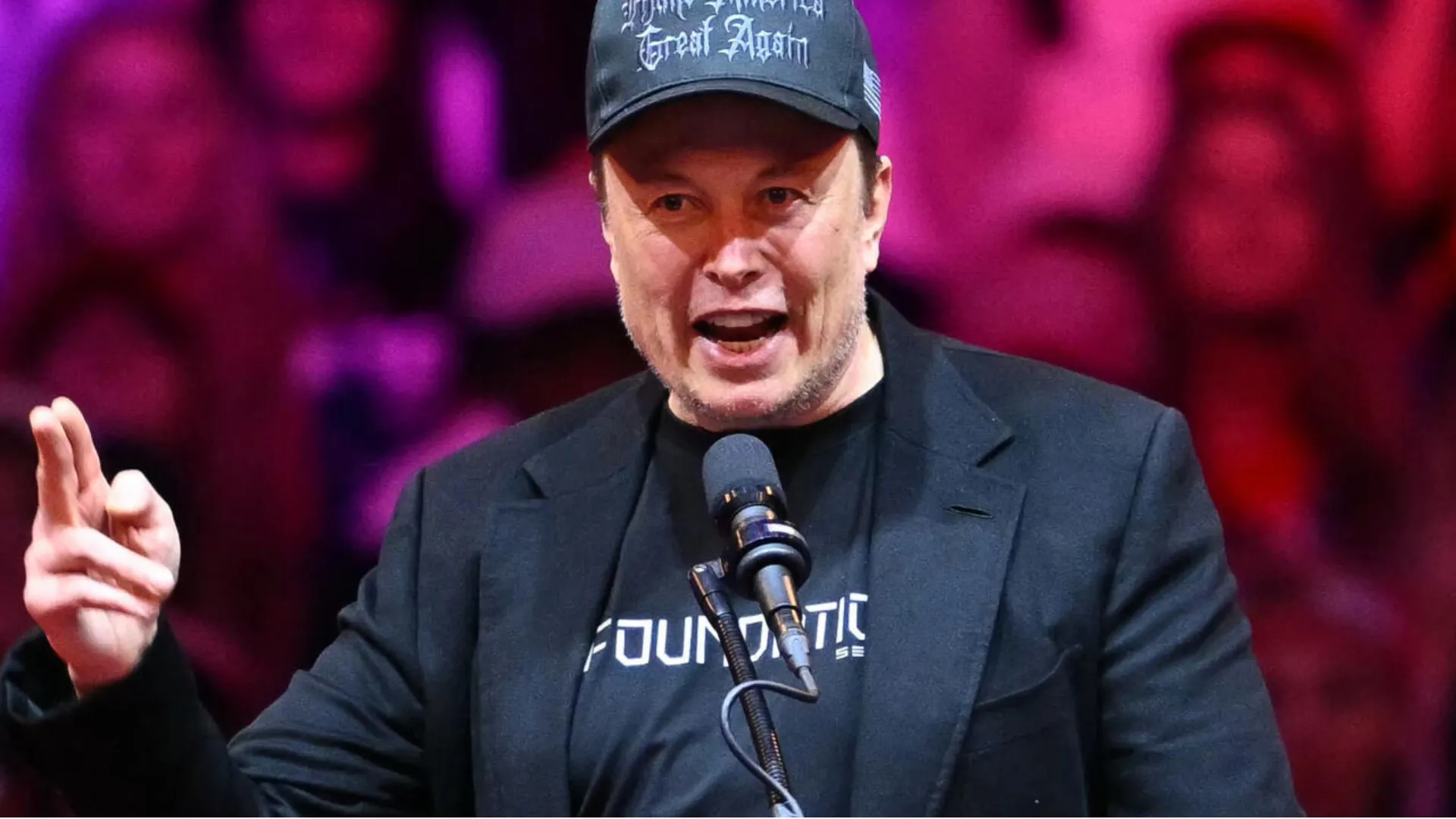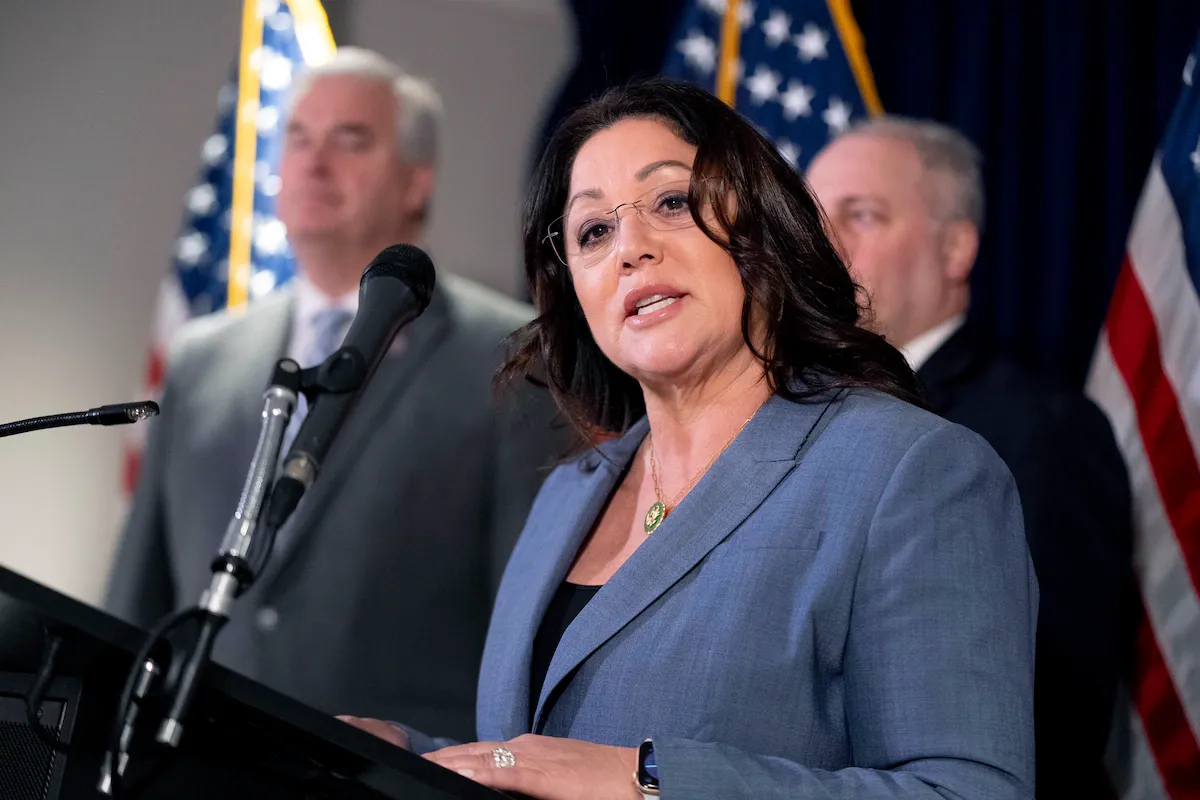
Silicon Valley is making its mark in Washington as tech leaders take prominent roles in President-elect Donald Trump’s second term, signaling a closer alliance between the tech industry and the incoming administration.
Among the most notable figures is Tesla and SpaceX CEO Elon Musk, who has become a key player in Trump’s inner circle.
Trump has appointed several high-profile Silicon Valley executives to influential positions. Venture capitalist David Sacks will serve as the White House czar for artificial intelligence (AI) and cryptocurrency, a newly created role to shape policy on these transformative technologies.

Jacob Helberg, an adviser to Palantir Technologies’ CEO, has been named undersecretary of State for economic growth, energy, and the environment. Jim O’Neill, a biotech investor and close associate of venture capitalist Peter Thiel, will join as deputy secretary of Health and Human Services.
Additionally, Shyam Sankar, Palantir’s chief technology officer, is reportedly being considered for a top research role at the Defense Department. Anduril co-founder Trae Stephens has also been floated for a Pentagon position.
Musk and tech entrepreneur Vivek Ramaswamy are set to lead the newly created Department of Government Efficiency, with Musk’s influence extending far beyond this cost-cutting initiative. Recently, Musk’s public opposition to Congress’s year-end funding deal contributed to its failure, earning him the nickname “President Musk” in jest.

Trump’s selection of Silicon Valley figures underscores his loyalty to supporters. Many of his appointees, including Musk and Sacks, played active roles in his campaign.
Musk contributed $250 million to Trump’s reelection effort, with most of it channeled through a pro-Trump super PAC that drove turnout in key swing states. Sacks hosted a San Francisco fundraiser for Trump, raising millions of dollars, despite having supported Hillary Clinton in 2016.
This growing alignment between Trump and Silicon Valley marks a significant shift from the tech industry’s historically Democratic leanings. During Trump’s first campaign in 2016, Thiel was one of the few prominent Silicon Valley figures backing the Republican candidate.

Now, several tech executives who previously supported Democrats have shifted their allegiance to Trump, including Helberg, who had donated to prominent Democrats like Pete Buttigieg and Kamala Harris during the 2020 primaries.
Helberg described this shift as evidence of Trump fostering “a generational realignment among technology founders.” The change is also reflected in tech leaders’ attitudes toward Trump.
In 2016, figures like Jeff Bezos, Mark Zuckerberg, and Sundar Pichai publicly criticized Trump’s policies and rhetoric. Bezos condemned Trump’s calls to “lock up” Hillary Clinton, Zuckerberg warned against isolationist policies, and Pichai opposed Trump’s proposed Muslim immigration ban.

Now, these same tech leaders are meeting with Trump at his Mar-a-Lago residence and contributing millions to his inauguration fund.
This turnabout is seen as both a practical and strategic move. Under Biden, tech companies faced increased scrutiny and regulation, and many now hope Trump will adopt a lighter touch. Trump has indicated he may favor less regulation, particularly around AI, and has promised to repeal Biden’s AI executive order.
However, not all signs point to a smooth relationship. Trump’s picks for antitrust positions and his history of taking on Big Tech suggest that the industry may not entirely escape regulatory scrutiny. Still, for many tech leaders, aligning with Trump is seen as a necessary step to avoid the tensions they experienced under Biden’s administration.

Matt Calkins, CEO of enterprise software firm Appian, described this as a “realpolitik” approach, emphasizing the practical benefits of maintaining good relations with the incoming administration. “They’ve seen what it’s like to be on the outs with the administration, and they don’t savor that. Especially not with Trump,” Calkins said.
As Trump prepares for his second term, the increasing presence of Silicon Valley in his administration signals a new era of collaboration between the tech world and Washington. Whether this partnership leads to policy breakthroughs or new challenges remains to be seen.



